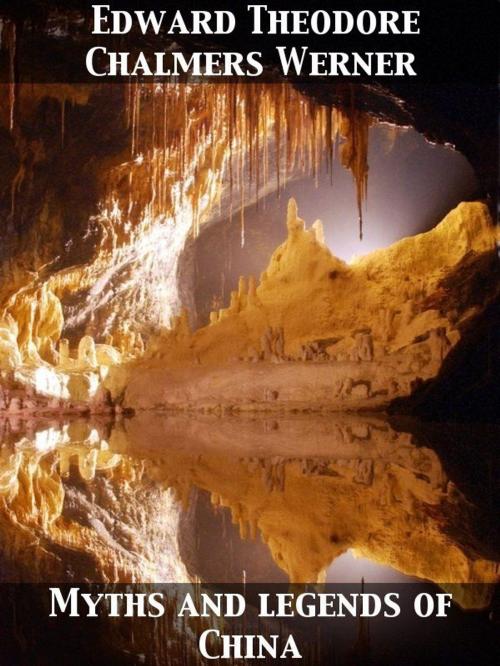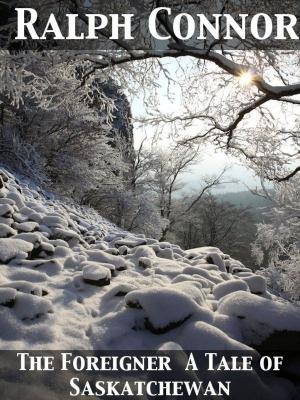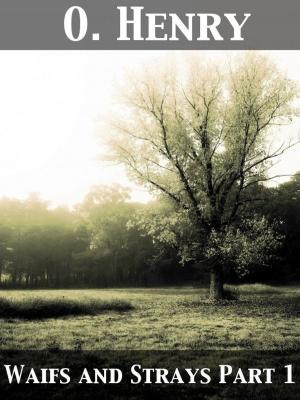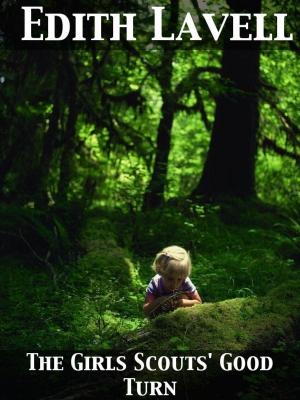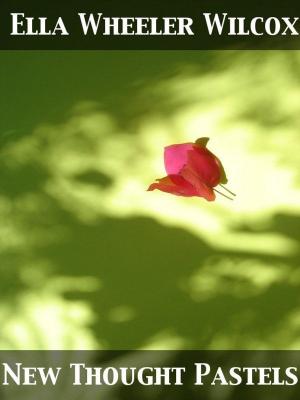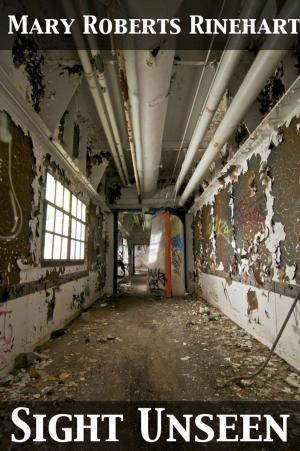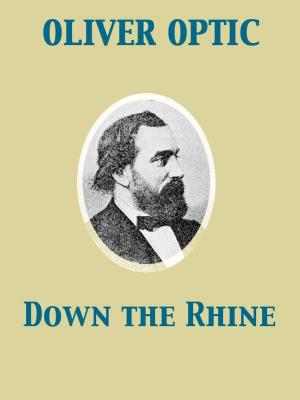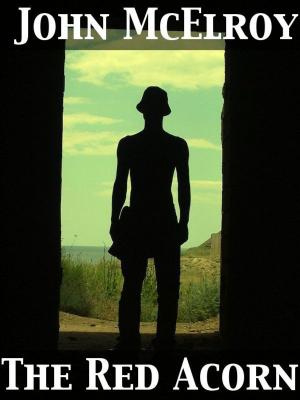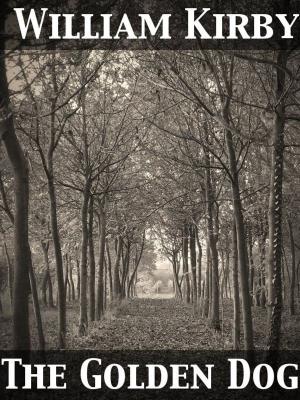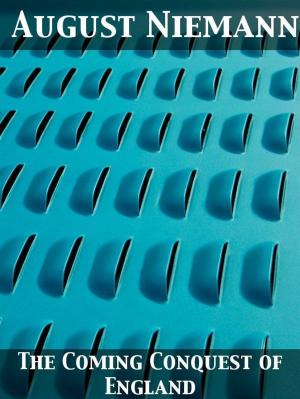| Author: | Edward Theodore Chalmers Werner | ISBN: | 9782819901242 |
| Publisher: | Release Date: November 27, 2011 | Publication: | November 27, 2011 |
| Imprint: | pubOne.info | Language: | English |
| Author: | Edward Theodore Chalmers Werner |
| ISBN: | 9782819901242 |
| Publisher: | Release Date: November 27, 2011 |
| Publication: | November 27, 2011 |
| Imprint: | pubOne.info |
| Language: | English |
The chief literary sources of Chinese myths are the Li tai shên hsien t'ung chien, in thirty-two volumes, the Shên hsien lieh chuan, in eight volumes, the Fêng shên yen i, in eight volumes, and the Sou shên chi, in ten volumes. In writing the following pages I have translated or paraphrased largely from these works. I have also consulted and at times quoted from the excellent volumes on Chinese Superstitions by Père Henri Doré, comprised in the valuable series Variétés Sinologiques, published by the Catholic Mission Press at Shanghai. The native works contained in the Ssu K'u Ch'üan Shu, one of the few public libraries in Peking, have proved useful for purposes of reference. My heartiest thanks are due to my good friend Mr Mu Hsüeh-hsün, a scholar of wide learning and generous disposition, for having kindly allowed me to use his very large and useful library of Chinese books. The late Dr G.E. Morrison also, until he sold it to a Japanese baron, was good enough to let me consult his extensive collection of foreign works relating to China whenever I wished, but owing to the fact that so very little work has been done in Chinese mythology by Western writers I found it better in dealing with this subject to go direct to the original Chinese texts
The chief literary sources of Chinese myths are the Li tai shên hsien t'ung chien, in thirty-two volumes, the Shên hsien lieh chuan, in eight volumes, the Fêng shên yen i, in eight volumes, and the Sou shên chi, in ten volumes. In writing the following pages I have translated or paraphrased largely from these works. I have also consulted and at times quoted from the excellent volumes on Chinese Superstitions by Père Henri Doré, comprised in the valuable series Variétés Sinologiques, published by the Catholic Mission Press at Shanghai. The native works contained in the Ssu K'u Ch'üan Shu, one of the few public libraries in Peking, have proved useful for purposes of reference. My heartiest thanks are due to my good friend Mr Mu Hsüeh-hsün, a scholar of wide learning and generous disposition, for having kindly allowed me to use his very large and useful library of Chinese books. The late Dr G.E. Morrison also, until he sold it to a Japanese baron, was good enough to let me consult his extensive collection of foreign works relating to China whenever I wished, but owing to the fact that so very little work has been done in Chinese mythology by Western writers I found it better in dealing with this subject to go direct to the original Chinese texts
